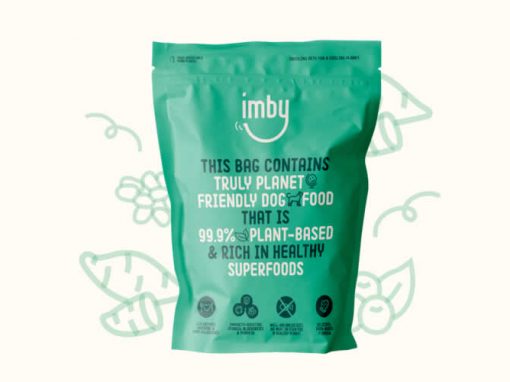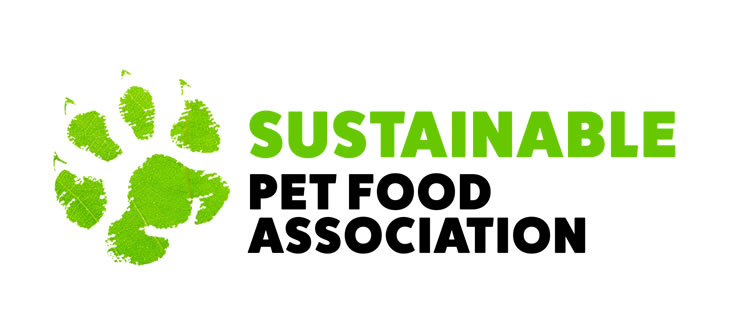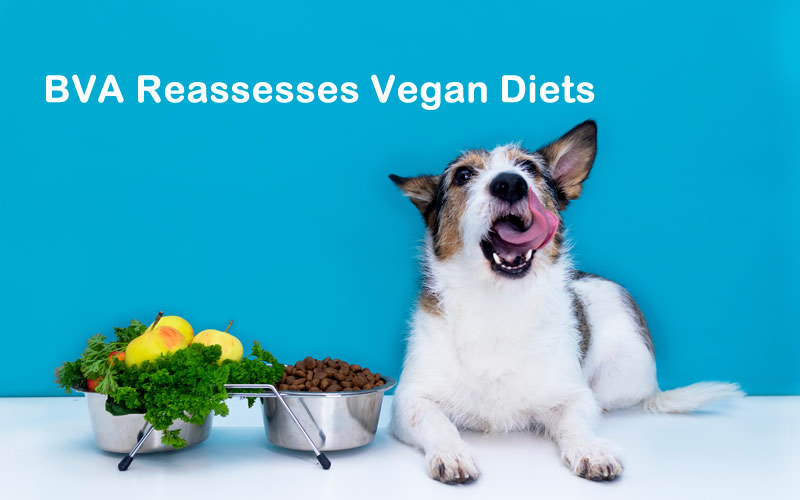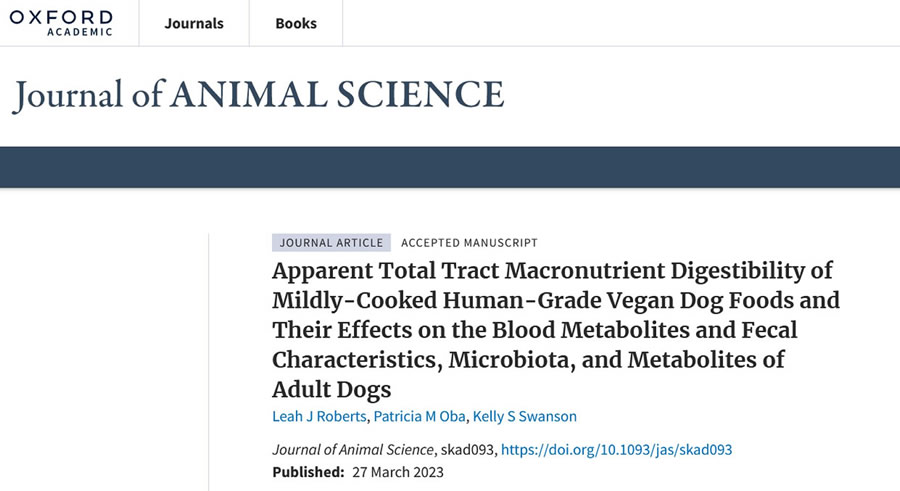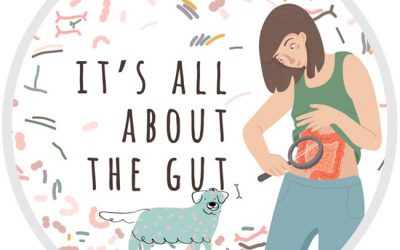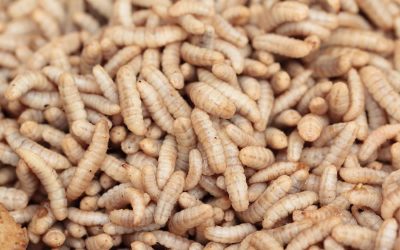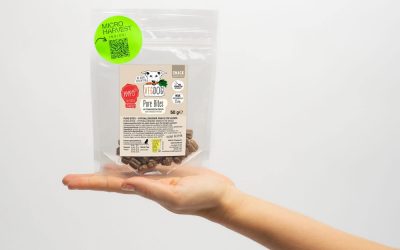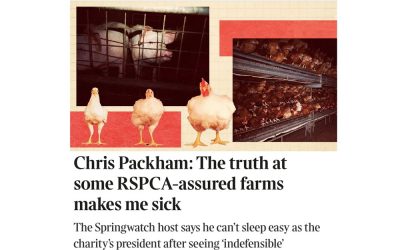A spokesperson told the Vet Times: “A working group comprising of a range of veterinary nutrition experts has been set up to develop BVA’s position on diet choices for cats and dogs, addressing nutrition, animal welfare, sustainability and public health. The work is expected to be completed early next year.”
Exactly a year ago, the BVA had refused to endorse either a vegetarian or vegan diet for pets, saying that they made it easier for owners not to provide an appropriate balance of nutrients.
But that stance of resistance from the BVA came under pressure from a growing body of research work suggesting dogs on vegan diets could live longer and be less susceptible to a range of health conditions.
Commendable move
Andrew Knight, a vet and Professor of animal welfare at the University of Winchester, said he commended the BVA’s move, but also suggested it was long overdue.
“I hope they will finally move towards an evidence-based position on this issue, reflective of the wealth of recent published studies in this field. Even better would be to talk to researchers such as myself about additional key studies that are forthcoming.
“BVA positions should aim to advance environmental sustainability and animal welfare.”
New study
The latest study by academics from the University of Illinois, published in the Journal of Animal Science in April 2023, tested two mildly cooked human-grade vegan diets on a group of 12 beagles over a three-week period.
It found the diets were “highly palatable, highly digestible, and maintained adequate stool quality, blood metabolites within reference ranges, and other measures of health.” The paper also found a reduction in both serum cholesterol and triglyceride, which it suggested could benefit animals that were overweight.
Co-author Prof Kelly Swanson insisted he was not advocating or opposing any specific dietary programme.
“This study, and others we have published over the past few years, show that as long as scientific knowledge about nutrient content of ingredients and nutrient needs of the animal is used for diet formulation, high-quality ingredients are used, and diets are appropriately processed, a wide variety of diets can be fed to healthy adult dogs.
One thing to remember is that animals don’t have ingredient requirements, they have nutrient requirements. As long as they’re consuming the essential nutrients in the correct amounts and ratios, dogs can be vegan, vegetarian, or meat-eaters.”
Prof Kelly Swanson, Professor of Animal and Nutritional Sciences, University of Illinois.
Prof Knight said further “very exciting” studies in the area were also forthcoming.
Watch this space!
Canine Microbiome Study Significant Findings
Dogs have adapted genetically to digesting starches and that explains why they do so well on a complete plant-based diet
Studies claim positivity with alternative pet diets
Many owners willing to consider alternative pet diets, studies claim with a high proportion of cat and dog owners now prepared to explore alternative, more sustainable diet options
Plant-based vs Insect-based dog food
Insect Protein-Based Diets as Potential Risk of Allergy in Dogs, and Higher Cost
Avian Flu Pandemic Risk from Raw Feeding
The APHA (Animal Plant and Health Agency.gov.uk) sends anyone interested in environmental matters, emails about looming threats. As a vet, this is what I have received recently in my email inbox - In my inbox yesterday 11th November - An Avian Influenza Prevention...
Raw dog and cat food fuelling spread of antibiotic-resistant bacteria
The very real and always present danger of this latest study yet again finding antibiotic-resistant bacteria in raw commercial cat foods!
UK Petfoods MUST Keep Up!
Using animal byproducts in meat and fish-based pet foods is NOT sustainable!
Cats dying after eating Avian-Influenza-contaminated raw pet food!
Does vegan cat food provide the solution?
Fermented Protein Pet Food – the Future?
Is precision fermentation our future way to feed not only our pets, but ourselves too? Yes it most certainly is!
Could our dogs or cats trigger an avian influenza pandemic?
As our memories of the last COVID 19 disappear, the potential for another pandemic looms and pets could play a role in transmitting it
Using microbial protein for the very first time in dog treats!
This first-of-its-kind protein is derived from bacteria that have been consumed by humans for centuries in foods such as kimchi, kefir, and sauerkraut
BVA says it is possible to feed dogs plant-based
The British Veterinary Association (BVA) has ended its opposition to (nutritionally-sound) vegan diets for dogs
The truth about ‘RSPCA Assured’ farms
The footage obtained from these farms, including distressing images of decomposing pigs, dying chicks, and salmon with missing eyes, is simply indefensible
Recommended sustainable pet foods



